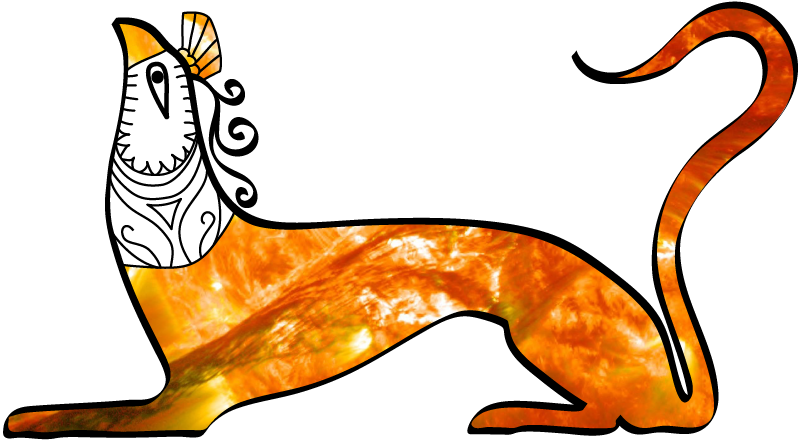ISA 2024
On 12 January 2024 abstracts are due for the 44th International Symposium on Archaeometry (ISA 2024), to be held in Melbourne on 27-31 May 2024. Further information is available at https://arcas.org.au/isa2024.melbourne/. The sessions will be:
ASOR 2024
On 15 January 2024 proposals for new member-organized sessions and workshops (250 words) are due for the American Schools of Overseas Research Annual Meetings (ASOR 2024), to be held in Boston and hybrid format on 20-23 November 2024. The call for papers will be open 15 February – 15 March 2024. Further information is available at https://www.asor.org/am/.
SOMA 2024
On 22 January 2024 abstracts (1500-2500 characters with spaces) are due for the 25th Symposium on Mediterranean Archaeology (SOMA 2024), to be held in Zadar, Croatia on 25-27 April 2024. Topics will include seafaring and navigation; ports and harbours; maritime cultural landscapes; material culture; research methods and tools, particularly those attempting to reconstruct the ancient trade in the Mediterranean and its maritime connectivity with the contributions of underwater or land archaeology; new ideas for the conservation and interpretation of cultural heritage; and related topics such as art history, numismatics, epigraphy as well as other topics that connected the Mediterranean world through the history. Further information is available at https://www.icua.hr/najava/call-for-applications-soma-2024-xxv-symposium-on-mediterranean-archaeology/15.
The Archaeology of Affluence
On 31 January 2024 abstracts (250 words) are due for an international conference entitled The Archaeology of Affluence: Comparative perspectives on surplus, wealth, and social organisation in pre-modern societies, to be held in Bologna, Italy on 8–9 May 2024. Abstracts should be sent to
• The roots of affluence:
o Was it farming?
o Was surplus available to communities with little arable land or placed next to the coasts and/or wetlands?
o Was animal husbandry the key variable?
o What strategies were groups of herders and farmers employing to overcome the dearth of resources and, in turn, create affluence?
• The relationship between individual and community affluence:
o How even was affluence distributed among populations?
o Was this connected to an unbalance in social arrangements?
o How is this unbalance (or lack thereof) translated in the archaeological record of the world of the living or the dead?
o How was affluence made evident and communicated (e.g. by laying out monumental buildings and spaces, enlarging private dwellings, or furbishing tombs?)
• The management of affluence:
o Was affluence a multiplier of social complexity?
o How were groups managing affluence? Through feasting practices and/or the destruction of wealth?
o How far-reaching was the use of administrative tools aimed at bookkeeping (sacrificial or archival economies)?
o In a wider perspective, what was the role played by the accumulation and storage of staples, on the one hand, and the production of high-status and precious artefacts, on the other?
• The relationship between affluence and technology:
o What were the means through which affluence was achieved and regenerated over time? (e.g., exploiting wetlands, farming practices, animal husbandry, metal mining, staple storage, special textile techniques, trade relationships)
o What are its traces in the archaeological record (e.g., architectural monumentality, dining sets in precious metals, clay skeuomorphs, iconography)?
ATINER 2024
On 13 February 2024 abstracts (500 words) are due for the 22nd Annual International Conference on History and Archaeology: From Ancient to Modern (ATINER 2024), to be held by the History Unit of the Athens Institute for Education and Research on 3-6 June 2024 in Athens. Further information is available at https://www.atiner.gr/history.
ICAS-EMME 4
On 31 March 2024 abstracts (200-300 words) are due for the 4th International Congress on Archaeological Sciences in the Eastern Mediterranean and the Middle East (ICAS-EMME 4), to be held at the Cyprus Institute, in Nicosia, Cyprus on 15-18 May 2024. Further information is available at https://icasemme.cyi.ac.cy/.

